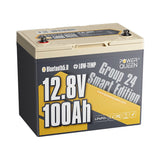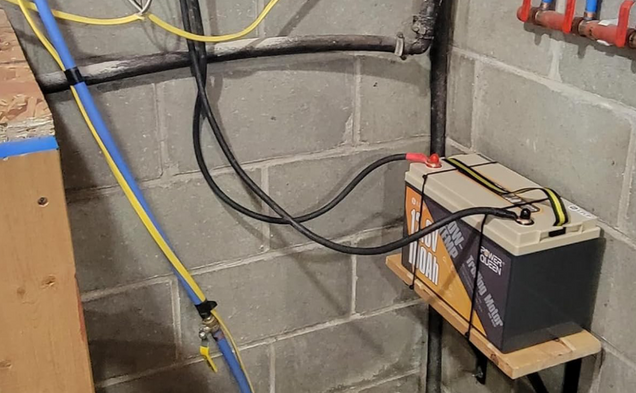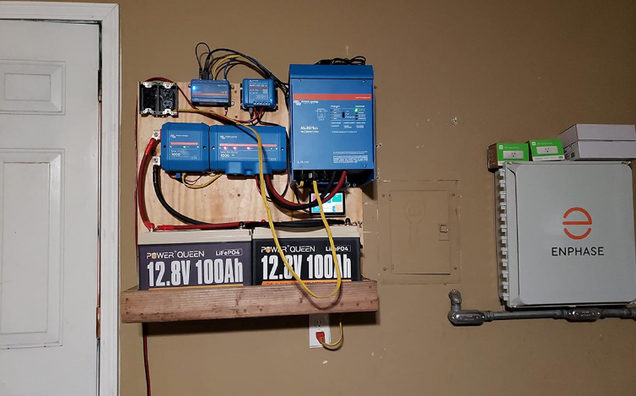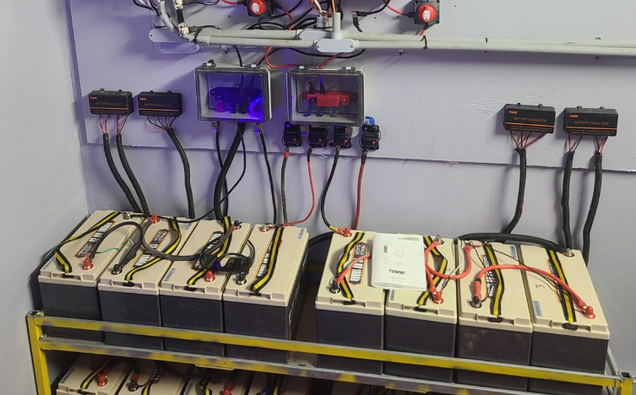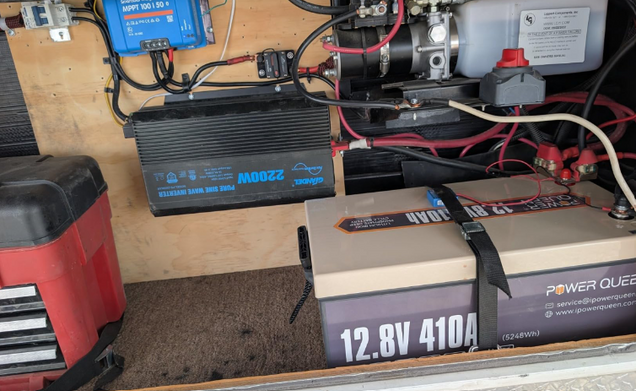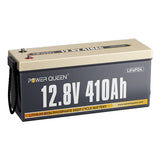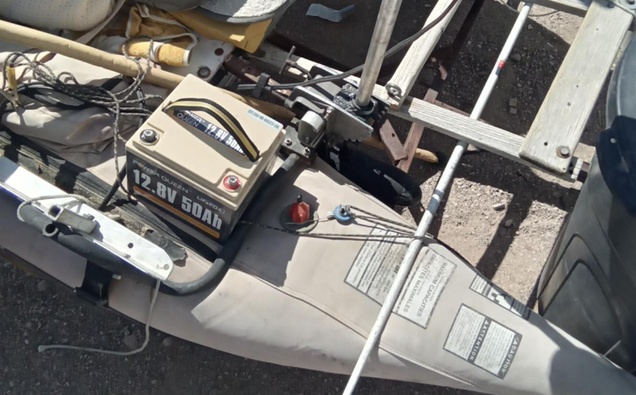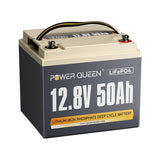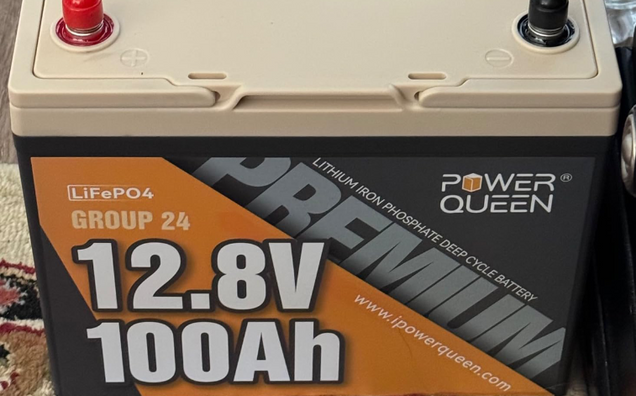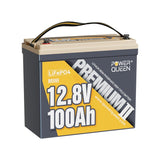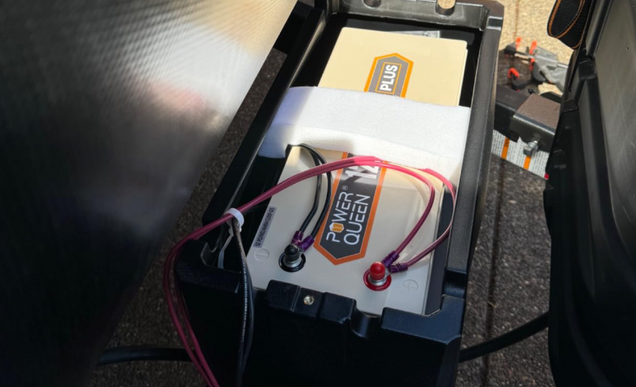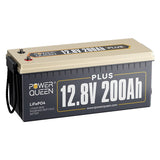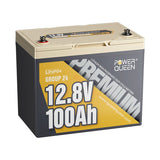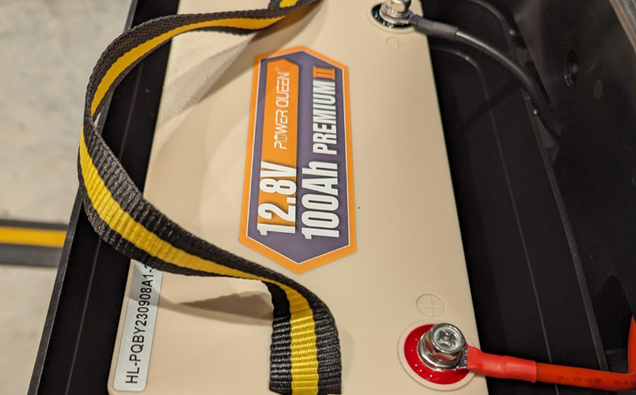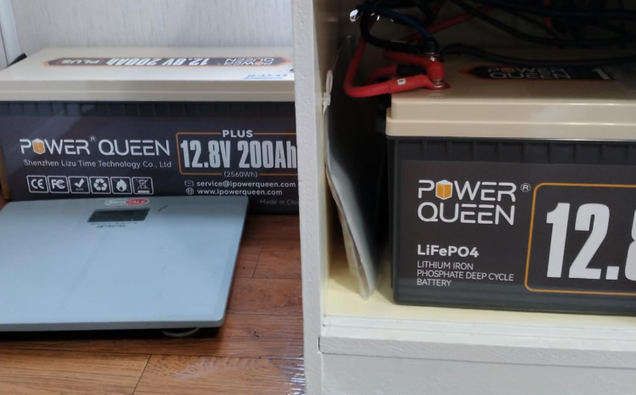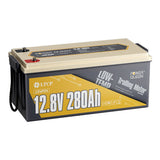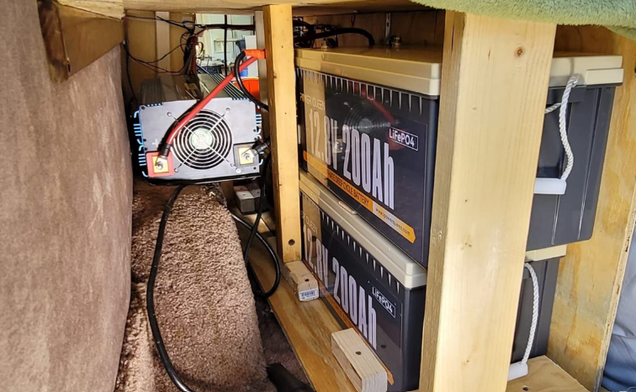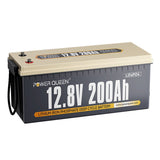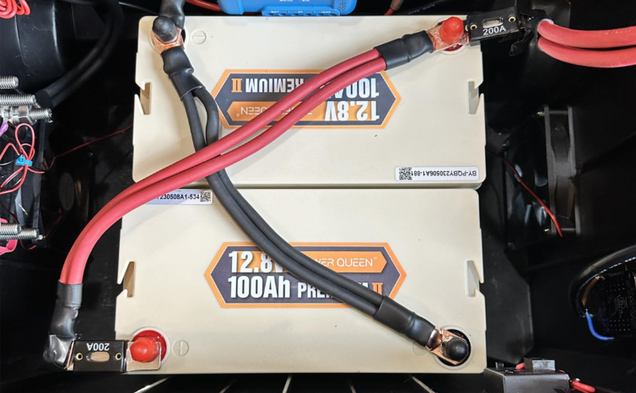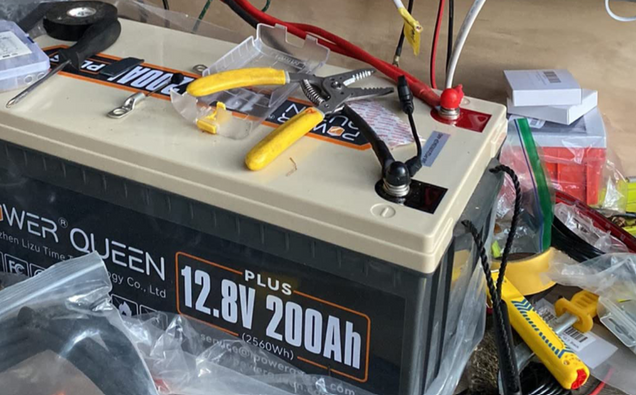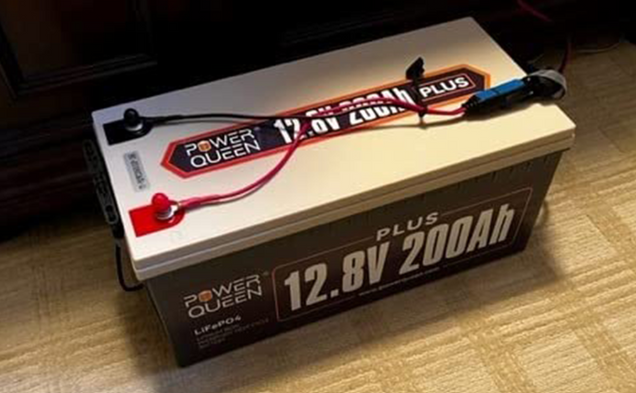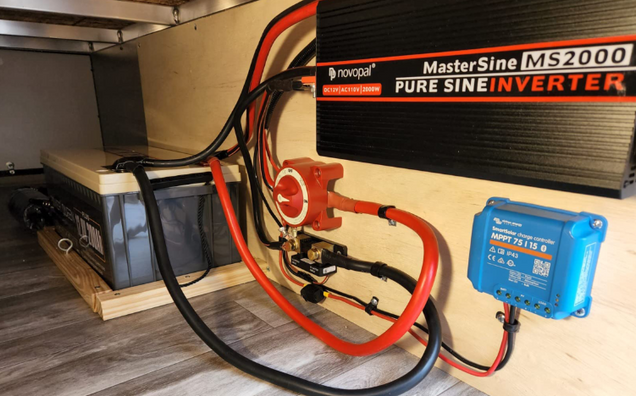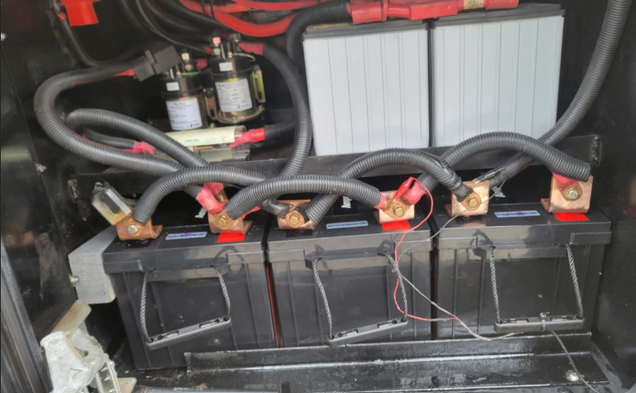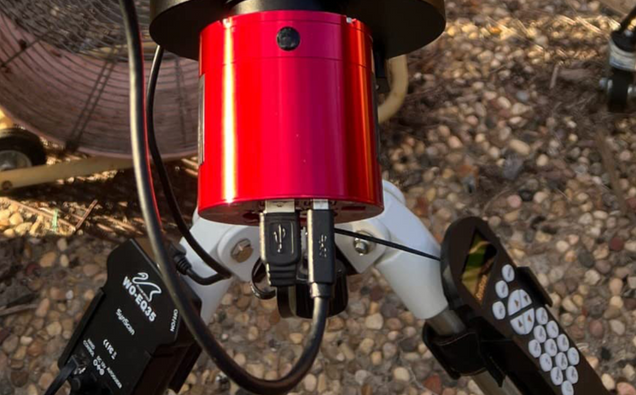All Products
Power Queen 12V LiFePO4 Lithium Batteries are perfect for RVs, off-grid systems, trolling motors, home backup power, and marine applications, offering more power and 65% less weight than lead-acid types, with smart BMS protection. Shop now and upgrade to lighter, safer, longer-lasting LifePO4 battery.
16 products
-
-
Bluetooth | Low-TempHotPower Queen 12V 125Ah Group27 Smart Deep Cycle Lithium Battery$259.99 $299.99
-
-
-
-
Bluetooth | Low-TempHotPower Queen 12V 100Ah Low-temp Smart Deep Cycle Lithium Battery$219.99 $369.99
-
Bluetooth | Low-TempPower Queen 12V 100Ah Group 24 Smart Deep Cycle Lithium Battery$239.99 $329.99
-
-
-
Low-Temp | Self-HeatingPower Queen 12V 100Ah Self-Heating Deep Cycle Lithium Battery$249.99 $418.16
-
-
12V LiFePO4 Lithium Battery Powers Your Adventure
-

Trolling Motor & Marines
From fish finders to trolling motors, these 12V LiFePO4 lithium batteries deliver stable, deep-cycle power built to withstand vibration, moisture, and sustained marine loads.
-

Rv & Off-Grid Solar
Ideal for RVs and off-grid solar, these 12V lithium batteries scale from small setups to high-capacity storage, providing reliable 12V power for lights, appliances, and electronics.
-

Cold Weather
Select models feature low-temperature protection and self-heating, ensuring safe charging and dependable performance in freezing conditions for camping or backup power.
Why Choose Power Queen's 12 Volt Batteries?
10-year Lifespan
Power Queen 12V LiFePO4 Lithium Batteries delivers over 4000+ deep cycles (10-year lifespan), 8 times the lifespan of traditional lead-acid batteries, saving you time and replacement costs.
5-Year Warranty
Backed by a full 5-year warranty for quality and performance. Get reliable coverage and long-term assurance with every Power Queen best 12 volt batteries.
Smart BMS Technology
An advanced battery management system (BMS) protects the 12V lithium deep cycle battery from overcharging, short circuits, and low-temperature damage—delivering reliable, season-ready safety year-round
Eco-Friendly & Lightweight
Power Queen 12v batteries are super lighter than lead-acid batteries and made from recyclable materials, portable power with a cleaner footprint.
100% Safe & Reliable
Built with EV-grade LiFePO4 cells, our 12V LiFePO4 lithium batteries are rigorously tested for tough environments, ensuring stable output, enhanced safety, and dependable performance.


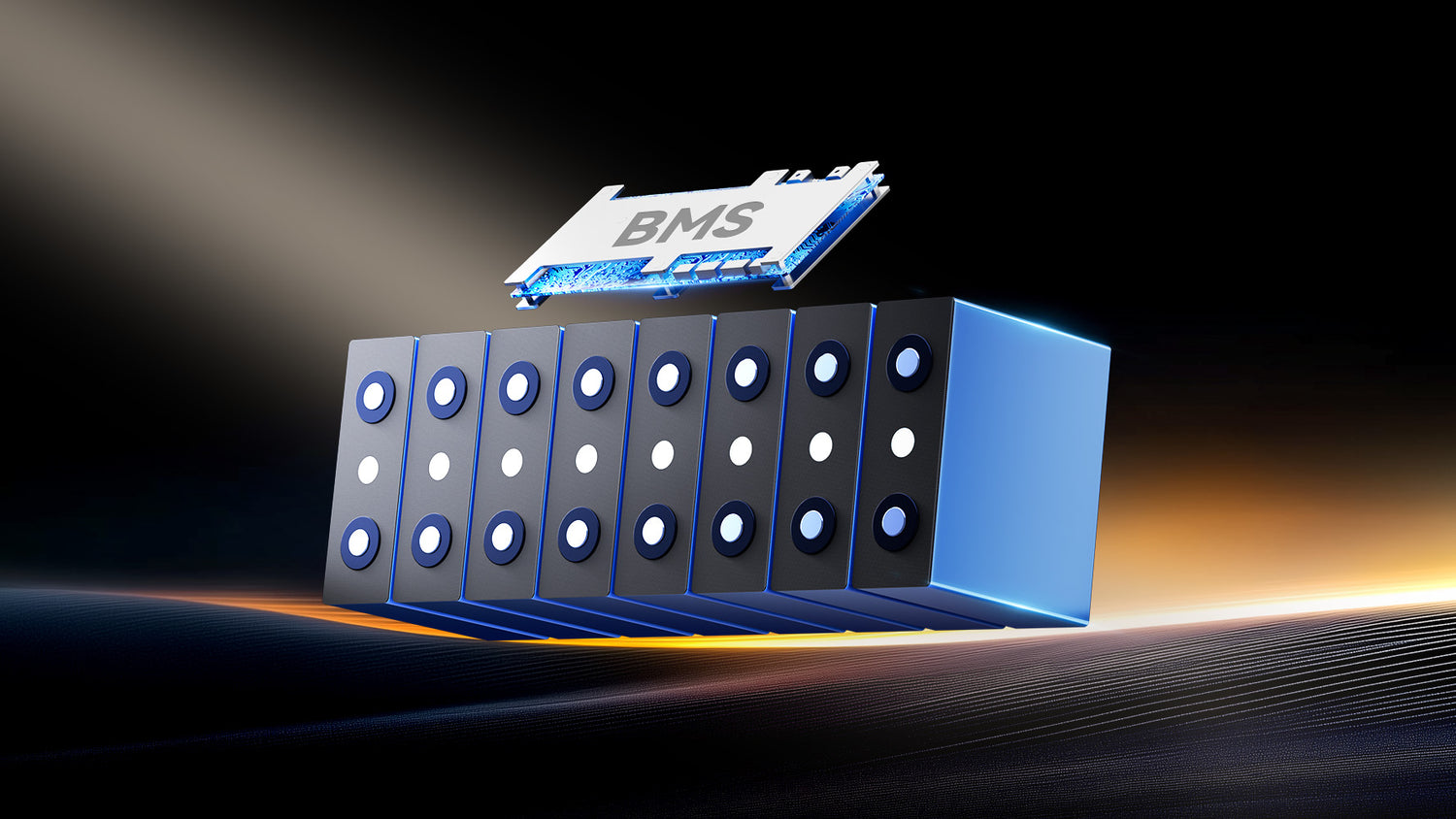

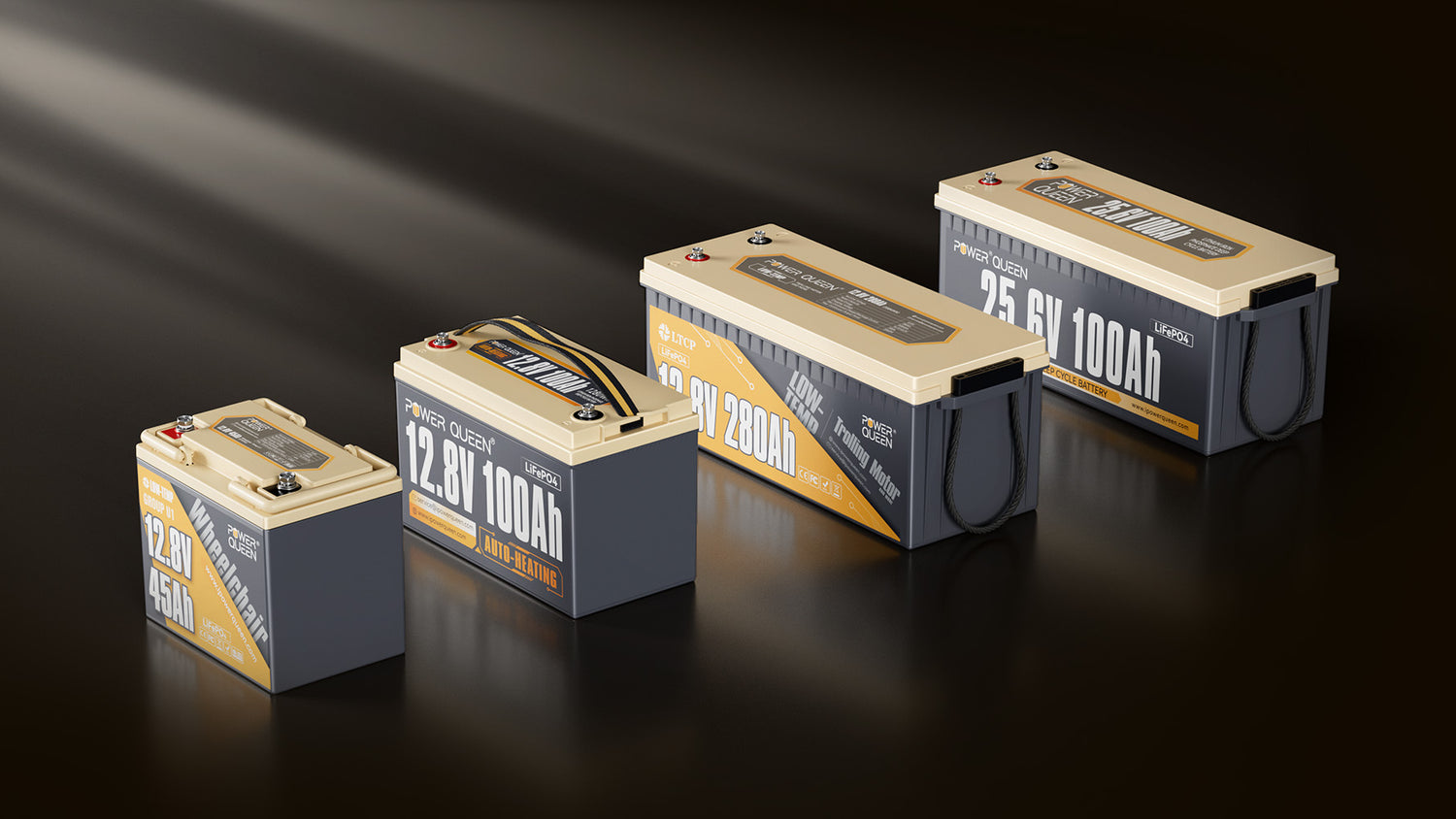
5000+real user reviews
30-Day Free Returns
5-Year Warranty
Fast & Free Shipping
Customer Testimonials
Technical Benefits & FAQs
Which lithium battery lasts the longest?
When it comes to battery longevity, lithium iron phosphate (LiFePO4) batteries lead the pack. They are EV-grade LiFePO4 cells and up to 10-year lifespan, 4000+ cycles at 100% DOD, stable long-term charge and discharge. This makes them perfect for users who need durability and long-term reliability. If you're looking for a dependable option, Power Queen LiFePO4 batteries are designed for extended use and consistent performance. With a strong casing and high cycle life, these batteries are an excellent investment for anyone prioritizing longevity.
How to test a 12V LiFePO4 lithium battery?
Testing a 12V lithium battery is simple with a multimeter. Set the multimeter to DC voltage, then connect the positive and negative probes to the corresponding terminals of the battery. A fully charged 12V lithium battery should show a reading between 12.8 and 13.4 volts. If the reading is lower, it could mean the battery is partially discharged or may be starting to degrade. Regular testing helps ensure your battery remains in top condition, preventing unexpected power issues. If you're unsure or need help, feel free to contact us, and we'll be happy to assist you with testing and battery maintenance tips.
What is the difference between 12V regular and 12V lithium deep cycle battery?
The main difference between a 12V normal battery and a 12V deep cycle battery is how they deliver power. A normal battery, like a car battery, is designed to provide a quick burst of high power to start an engine, but it can't handle deep discharges well. In contrast, a deep cycle battery is built with thicker plates and is designed to provide steady power over a longer period. It can be discharged and recharged many times without damage, making it ideal for applications like solar power systems or RVs, where consistent energy over time is needed.
For more details, you can read the Differences On Marine Deep Cycle And Starting Battery.
What is the difference between 12 Volt lead-acid batteries and 12V lithium batteries?
12V lithium batteries offer better performance, longer lifespan, and faster charging compared to traditional 12V lead-acid batteries. They're also lighter and more efficient.
For more details, read the article: Lead Acid vs Lithium Ion Battery: What's the Difference?
Are 12V lithium ion batteries safe?
Yes. LiFePO4 is an intrinsically safe chemical and the most stable lithium-ion battery on the market. Power Queen lithium cells are certified by UL, FCC, CE, RoHS, and UN38.3 to ensure their quality and safety.
All Power Queen LiFePO4 batteries include an internal Battery Management System that protects against undervoltage during discharge, overvoltage during charge, overcurrent during discharge, overheating during charge and discharge, and short-circuit protection, which protects battery cells from damage.
In addition, Power Queen LiFePO4 Lithium batteries have been tested to be fireproof.
Can I use a 12v lithium battery for trolling motor as well as other marine applications?
Yes, a 12V deep cycle battery is ideal for marine use, powering trolling motors and onboard electronics. Power Queen's Trolling Motor Lithium Batteries are designed for rugged environments, ensuring reliability for your boating adventures.
Can I charge a 12V LiFePO4 lithium batteries with a regular charger?
No, 12V LiFePO4 Lithium Batteries require a specific 12v lifepo4 battery charger designed for lithium-ion technology to prevent overcharging and ensure safety.
For more information, read about the article: Can I Charge a Lifepo4 Battery With a Lead Acid Charger?
Are 12V lithium ion batteries more expensive than lead-acid batteries?
Yes, 12V lithium ion batteries generally have a higher upfront cost but are more cost-effective in the long run due to their longer lifespan and lower maintenance needs.

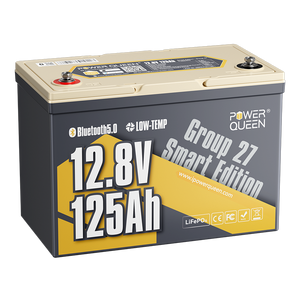
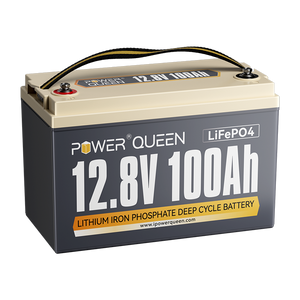
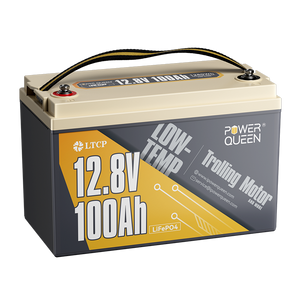
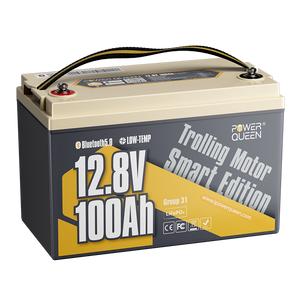
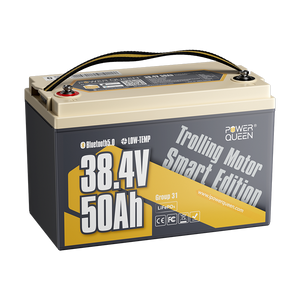
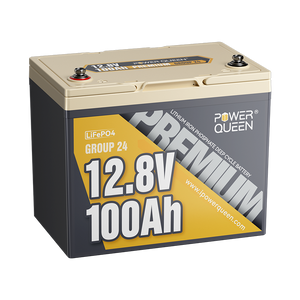
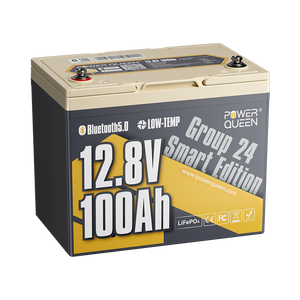
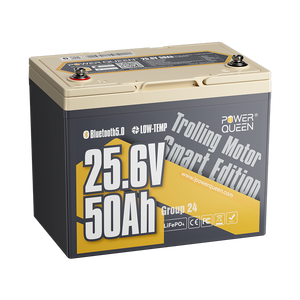

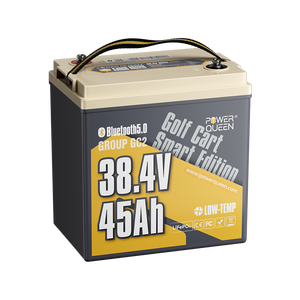
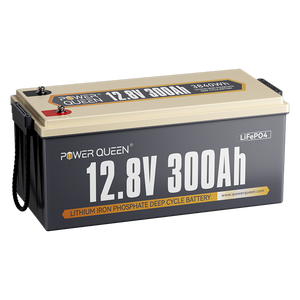
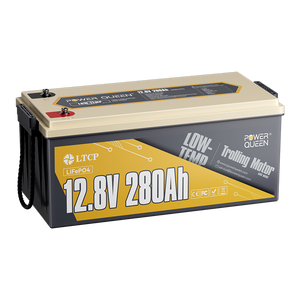
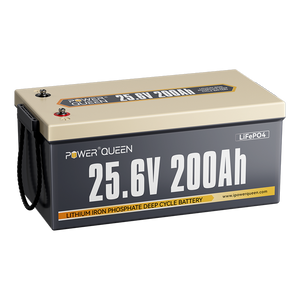
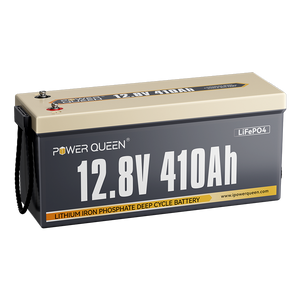
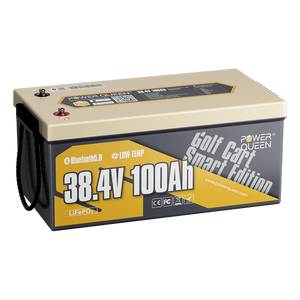
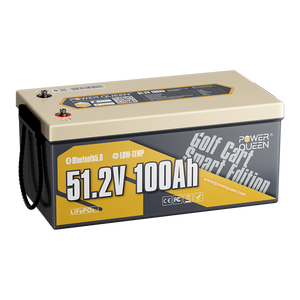

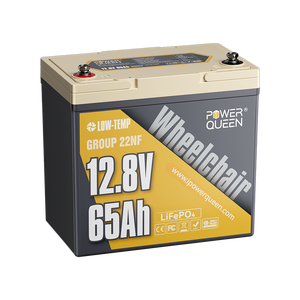
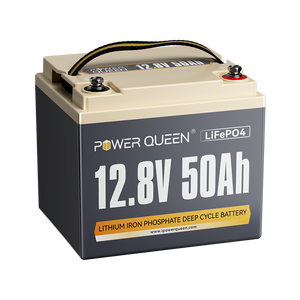
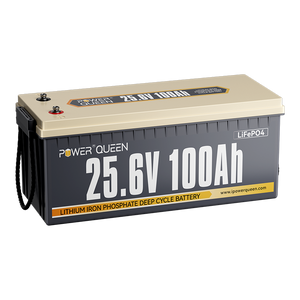
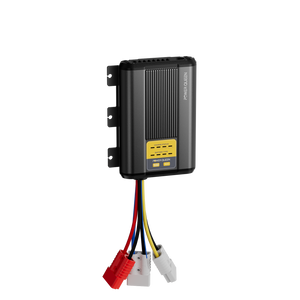
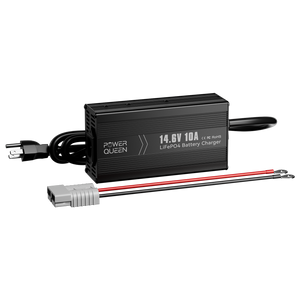
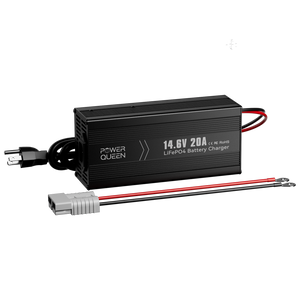
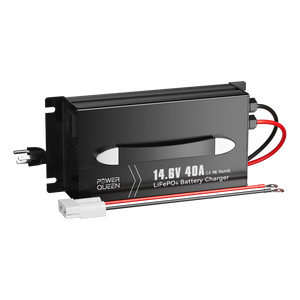
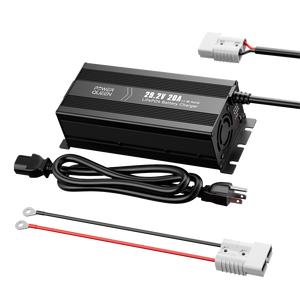
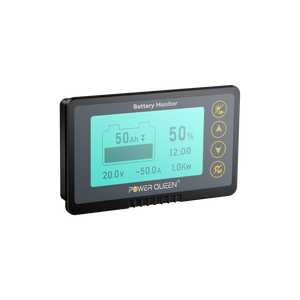
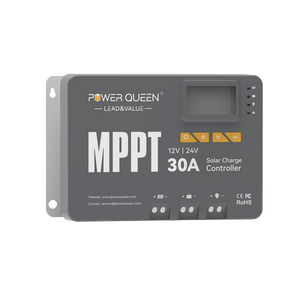
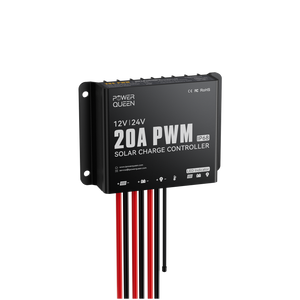
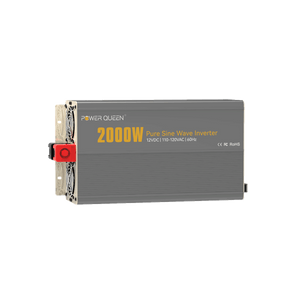
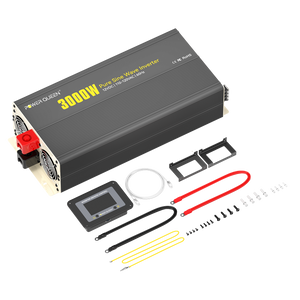
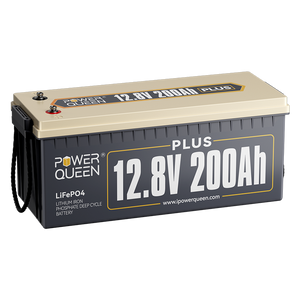
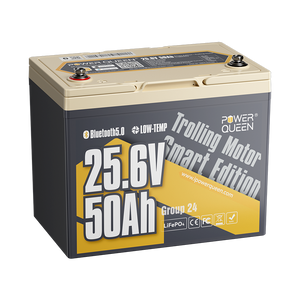
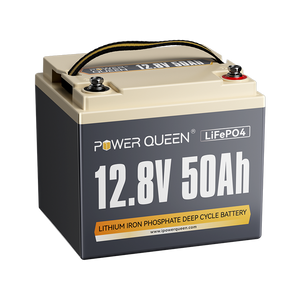
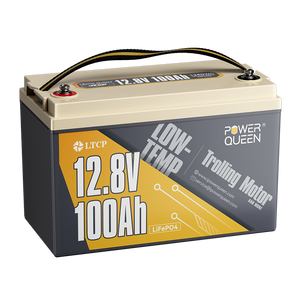
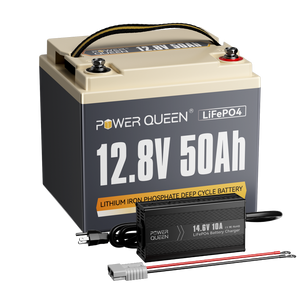
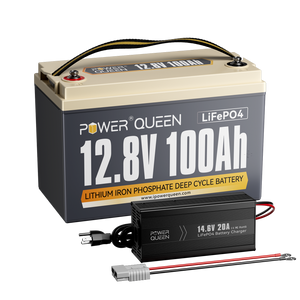
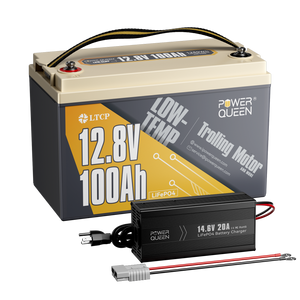
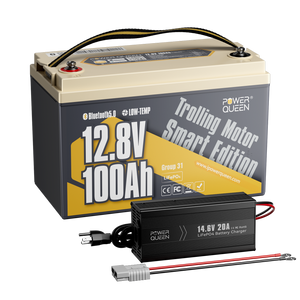







![⚡[Final $179]⚡Power Queen 12V 100Ah Group 31 Deep Cycle Lithium Battery - Power Queen US](http://ipowerqueen.com/cdn/shop/files/PQ-12.8V100Ah-A100.png?crop=center&format=webp&v=1751977426&width=360)
![[Like New] Power Queen 12V 125Ah Group27 Smart Deep Cycle Lithium Battery - Power Queen US](http://ipowerqueen.com/cdn/shop/files/PQ-12.8V125Ah-BT-A90.png?crop=center&format=webp&v=1751980492&width=360)
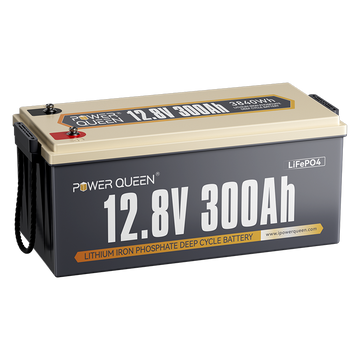
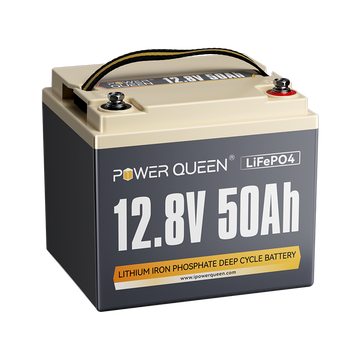
![⚡[Final $189]⚡Power Queen 12V 100Ah Low - Temp Deep Cycle Lithium Battery - Power Queen US](http://ipowerqueen.com/cdn/shop/files/PQ-12.8V100Ah-TM-A100.png?crop=center&format=webp&v=1751977496&width=360)
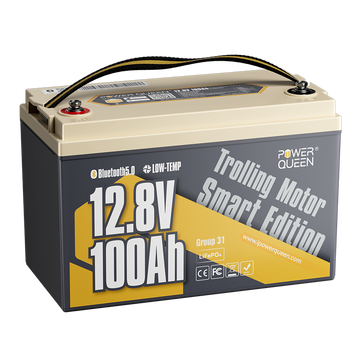
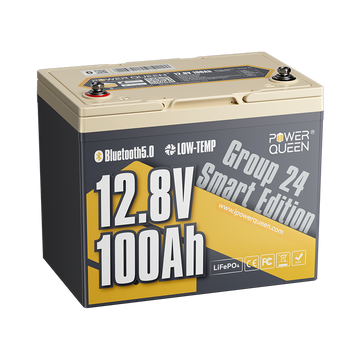
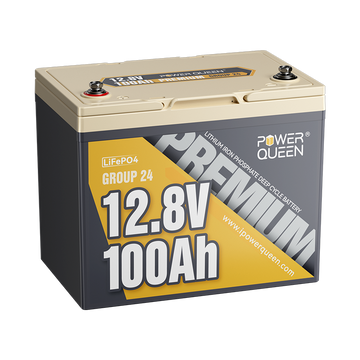
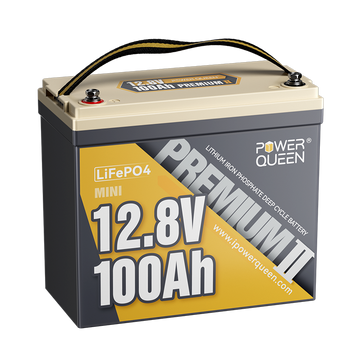
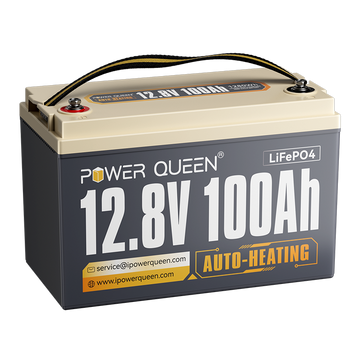
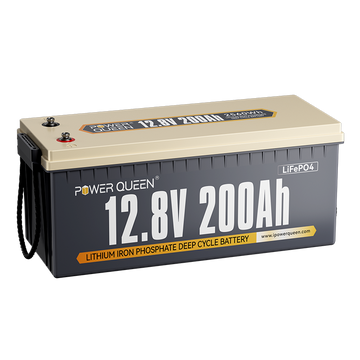
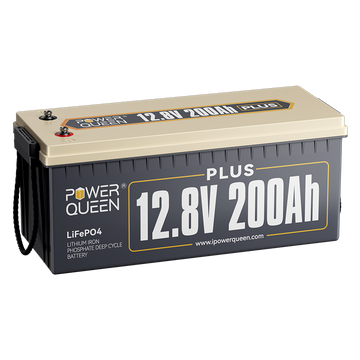



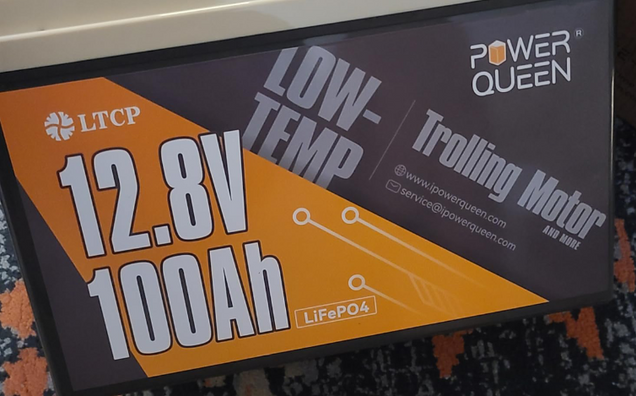
![⚡[Final $189]⚡Power Queen 12V 100Ah Low - Temp Deep Cycle Lithium Battery - Power Queen US](http://ipowerqueen.com/cdn/shop/files/PQ-12.8V100Ah-TM-A100_3b77bbf8-7348-456c-94ff-343e88acffe0.jpg?crop=center&format=webp&v=1769159385&width=160)
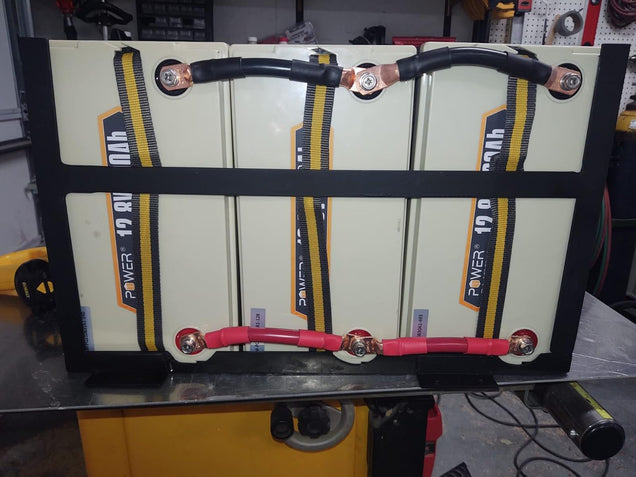
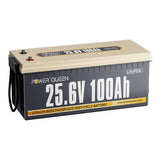
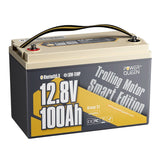

![⚡[Final $179]⚡Power Queen 12V 100Ah Group 31 Deep Cycle Lithium Battery - Power Queen US](http://ipowerqueen.com/cdn/shop/files/PQ-12.8V100Ah-A100_21a10dc3-c9ab-4eb3-8dfa-7978aa25240e.jpg?crop=center&format=webp&v=1767677891&width=160)


![[Used - Very - Good] Power Queen 36V 50Ah Smart Deep Cycle Lithium Battery - Power Queen US](http://ipowerqueen.com/cdn/shop/files/PQ-38.4V50Ah-TM-BT-A100_9262863d-8cfc-4660-8fc3-34e2ffcea0a1.jpg?crop=center&format=webp&v=1767677936&width=160)

